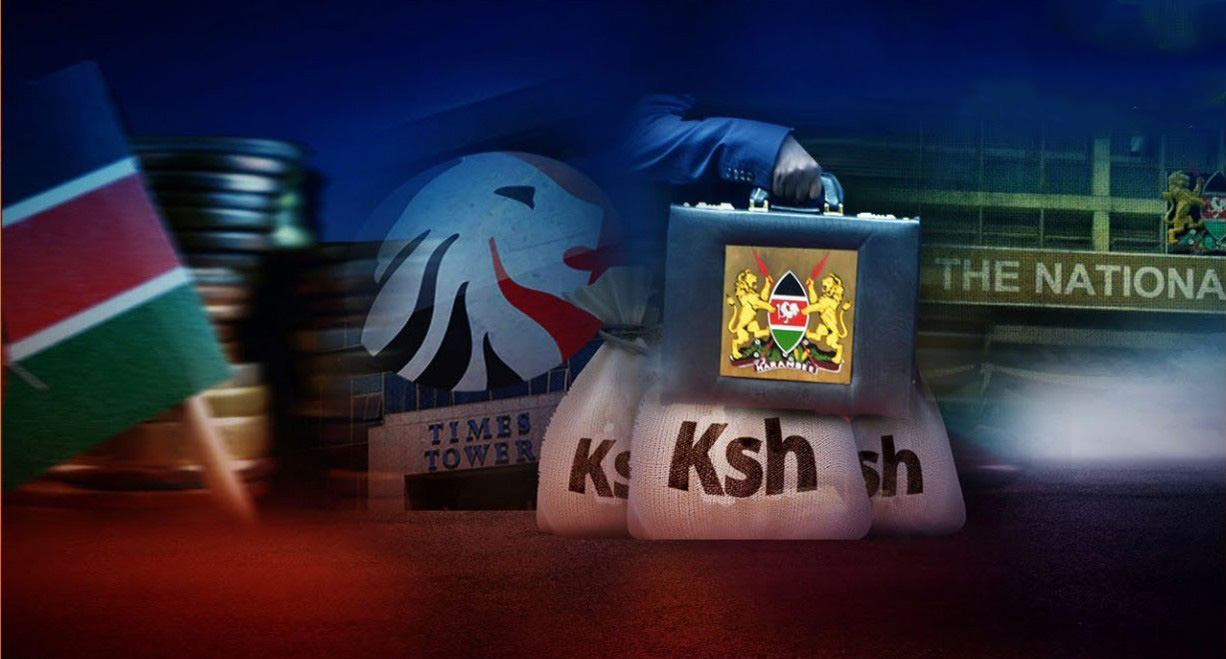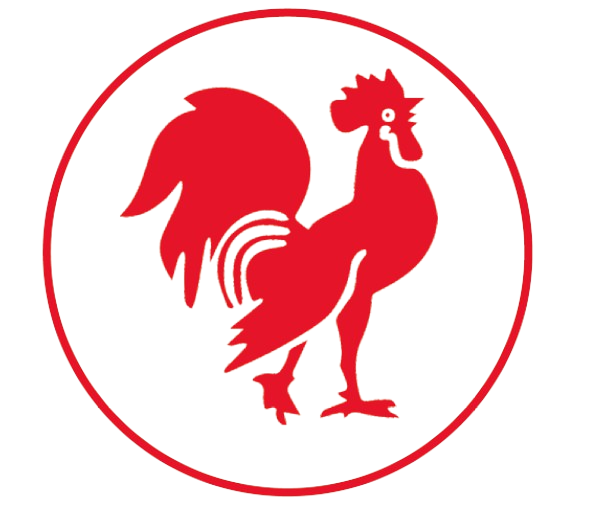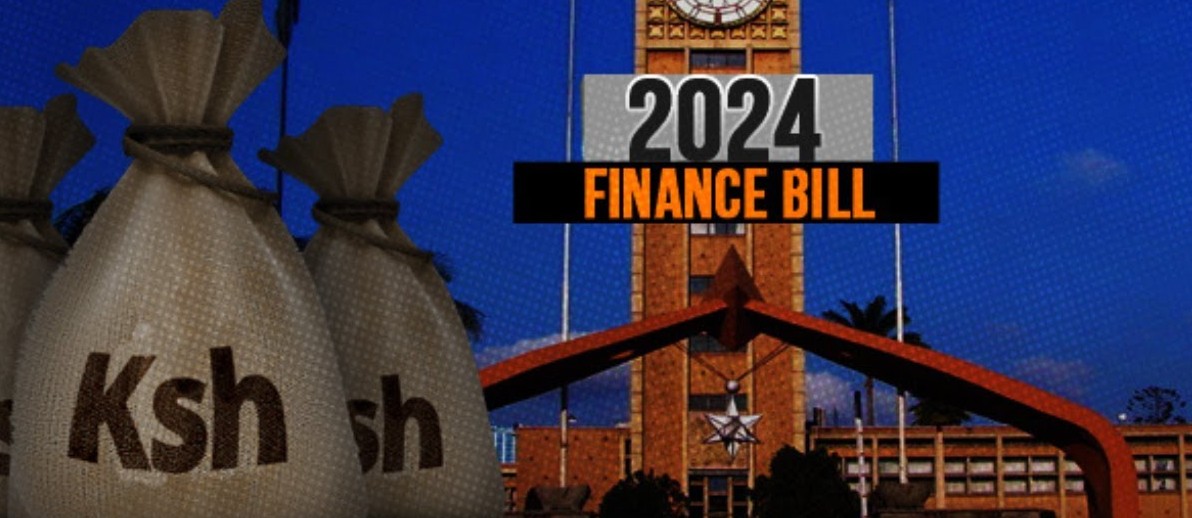
PRESS STATEMENT BY HON. GIDEON MOI ON THE FINANCE BILL, 2024
The Finance Bill, 2024, contains punitive tax proposals on individuals, households, and businesses, amidst tough economic times. If not carefully revised, it is likely to condemn more Kenyans into poverty.
Economic experts, think tanks and the general public have highlighted the pain points in the Bill, cautioning that, if enacted in its current form, it will disproportionately diminish Kenyans’ purchasing power by raiding their disposable incomes, affecting livelihoods, and driving businesses out of the economy.
Therefore, the National Assembly Finance and Planning Committee must ensure that its final report reflects the opinions, concerns, and aspirations of Kenyans on the Bill. This is an opportunity for the committee to redeem itself from the superficial public participation exercises it subjected Kenyans to in the 2023/2024 financial year, where public input was largely disregarded in the final report presented to the National Assembly.
Sustainable taxation frameworks globally are predicated on a favorable business environment that spurs economic growth, expands the tax base by bringing more people into the tax bracket and increases tax revenues.
However, the government’s approach to aggressively exacting tax beyond the point of elasticity during an economic downturn will inevitably reduce the tax revenue. Ultimately, the Finance Bill will be self-defeatist as evidenced in the National Treasury’s report in May that KRA fell short of its projected tax revenue collections.
Specifically, the proposal to impose excise duty and VAT on essential financial services contradicts the country’s goal of financial inclusion to combat poverty and inequality. Many Kenyans rely on services like Mpesa to transfer money to their dependents for their basic needs. It is a dent in our national conscience to erroneously treat these transfers as taxable incomes.
The motor vehicle circulation tax, in addition to constituting double taxation, mandates insurance companies to collect this highly unpopular tax with penalties for non-compliance. It is a no-brainer that its administration will de-incentivize the insurance sector, discourage comprehensive insurance uptake, and push car owners to third-party insurance.
It must also not be lost on the government that starvation and malnutrition still afflict many people, especially children. Increasing taxes on basic household food items lile bread will inevitably compound these problems.
At this point, Kenyans’ hope solely lies on the National Assembly to amend the Bill to alleviate the burden of over-taxation.
Moving forward, the government must shift its focus from taxation to industrialization through manufacturing to achieve sustainable, private-sector-led economic growth. With value addition, more jobs will be created across the value chain, reducing unemployment and creating more incomes, effectively expanding the tax base and increasing tax revenue to fund public programs.
To incentivize the economy and attract direct foreign investment, the government must embark on improving the ease of doing business, simplifying tax regimes, and combatting public-sector corruption.
Hon. Gideon Moi
National Chairman – KANU


